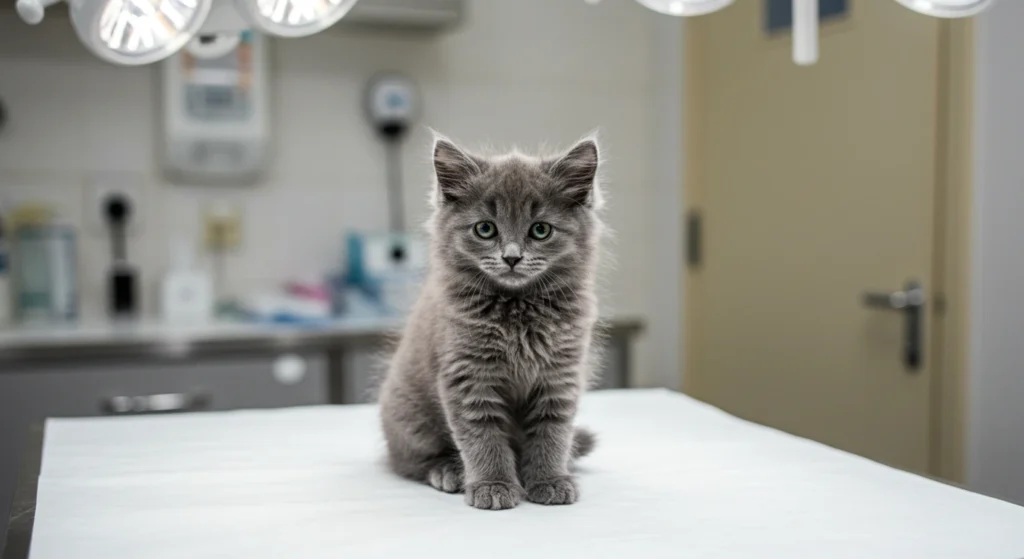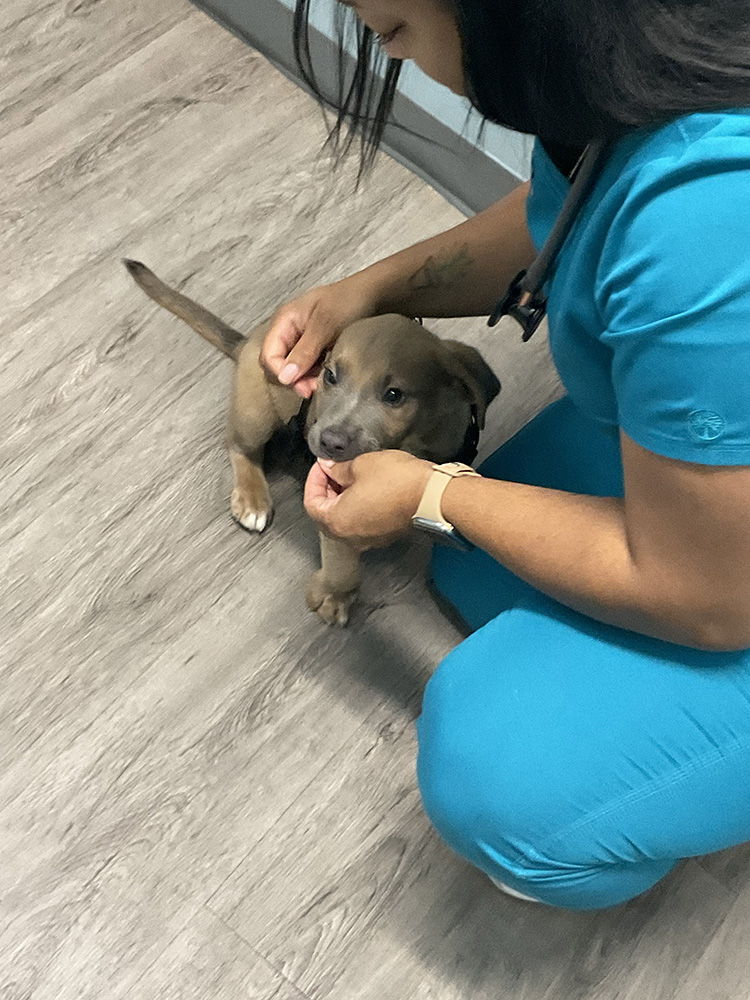

Bringing home a new puppy or kitten is a heart-warming experience.
Routine Exams for Growing Puppies and Kittens
- Conduct a full physical examination to check for any signs of illness or congenital conditions.
- Administer age-appropriate vaccinations to protect against serious diseases.
- Discuss proper nutrition and answer any questions about diet and behavior.
- Provide microchipping services for permanent identification and peace of mind.
- Run routine diagnostics to establish a health baseline and check for any underlying conditions.


Why do kittens and puppies need deworming?
- Diarrhea or Vomiting
- Bloated Abdomen
- Weight Loss or Poor Growth
- Excessive Scratching or Skin Irritation.
Deworming is a routine part of early veterinary care, and multiple treatments are needed in the first few months to fully eliminate parasites. Veterinarians regularly suggest deworming because many young pets are already infected with parasites from their mothers.
In addition to deworming, year-round parasite prevention is recommended to protect against heartworms, fleas, ticks, and other harmful pests. Our veterinarians will help you choose the best preventive products to keep your puppy or kitten safe when they are old enough to begin flea, tick, and heartworm prevention.
Puppy and Kitten Vaccine Schedules
Vaccinations are one of the most important aspects of preventive care for puppies and kittens. Because their immune systems are still developing, they require a series of vaccines to build strong immunity. The vaccination schedule typically starts between 6-7 weeks of age and ends around 12-16 weeks, depending on how many boosters are needed.
Our veterinarians will develop a customized vaccination plan to make sure your pet receives the right protection at the right time. If you miss a vaccine booster appointment, be sure to reschedule immediately as a too-long delay will mean that the vaccination series will need to be restarted in order to be effective.

